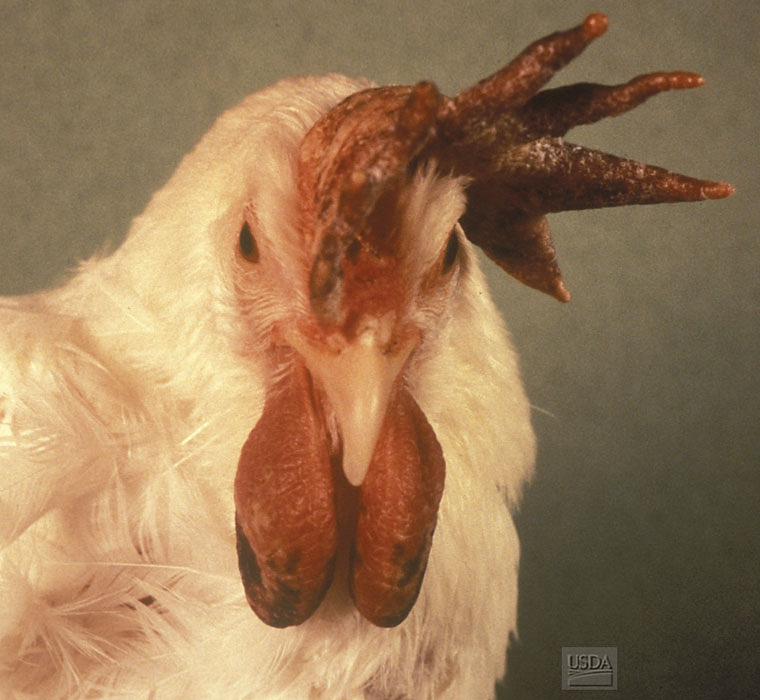Alert but not alarmed: bird flu lands in NSW
River McCrossen
20 June 2024, 9:20 PM
 High Pathogenicity Avian Influenza, or HPAI, is deadly for chooks
High Pathogenicity Avian Influenza, or HPAI, is deadly for chooksChook lovers are urged to be vigilant after the NSW government announced yesterday that Avian Influenza had been detected at a farm in Hawkesbury in Sydney's north-west.
High Pathogenicity Avian Influenza (HPAI) spreads quickly and has a high mortality rate among chickens.
The Hawksbury farm is currently under quarantine.
"NSW consumers should not be concerned about eggs and poultry products from the supermarkets," Minister for Agriculture Tara Moriarty said in a statement on 19 June.
"This detection does not pose a risk to consumer health and the products are safe to consume, if they are handled and cooked as per standard food handling practices.
"The detection has triggered the NSW Government’s Emergency Animal Disease response, including an individual biosecurity direction to the farm and business, closing it off.
"Under the individual direction the affected egg farm has implemented quarantine to prevent the movement of equipment, and animals, to stop further spread.
"A formal control order will be declared this afternoon that will extend biosecurity control to a radius of 1-2 kilometres around the farm site."
The H7N8 strain detected in Hawkesbury is not the same as the current outbreak in Victoria. Agricultural authorities currently understand the NSW outbreak to be a separate event, potentially originating from wild birds.
HPAI has been eradicated from NSW three times before, most recently in Young about two hours north-west of Canberra in 2013.
President of the Exhibition Poultry Association of NSW, Danny Benn, urged poultry owners to keep on their toes.
"Those people within that proximity that have been asked to not travel with their bird close in surrounds to the Freemans Reach area have been asked to just stay put," Mr Benn said.
"Everyone has been asked to be vigilant and be conscious of what to look out for and, if there are any issues, to contact the government hotline straight away."
Poultry owners are legally required to report suspected signs of disease. Owners can contact the 24/7 Emergency Animal Disease Hotline on 1800 675 888.

A swollen head, combs and wattles, shown in this image, are also signs of avian influenza. SOURCE: Department of Primary Industries
Coonamble Poultry Club member Mark Hoath said he wasn't too concerned so far about the outbreak.
"Thus far it's only contained to Hawkesbury," Mr Hoath said.
"It's not as active as the strain in Victoria, from my understanding. There's been no biosecurity warnings given to the poultry clubs at this stage.
"We just fall back onto our normal common sense as bird enthusiasts and breeders. You maintain the cleanliness of your water and make sure you've got no outside birds coming into your establishment."
According to the Department of Primary Industries, symptoms of avian influenza include:
- Sudden death or elevated flock mortality
- Decreased feed and/or water consumption
- Reduction in egg production or increased number of misshapen or shell-less eggs
- Watery eyes
- Sinusitis
- Ruffled feathers
- Swelling of the face, upper neck and feet
- Loss of appetite
- Diarrhoea
- Neurological signs.
Owners can protect their flock by avoiding mixing it with wild birds and regularly cleaning their aviary, poultry yard and farming equipment.



